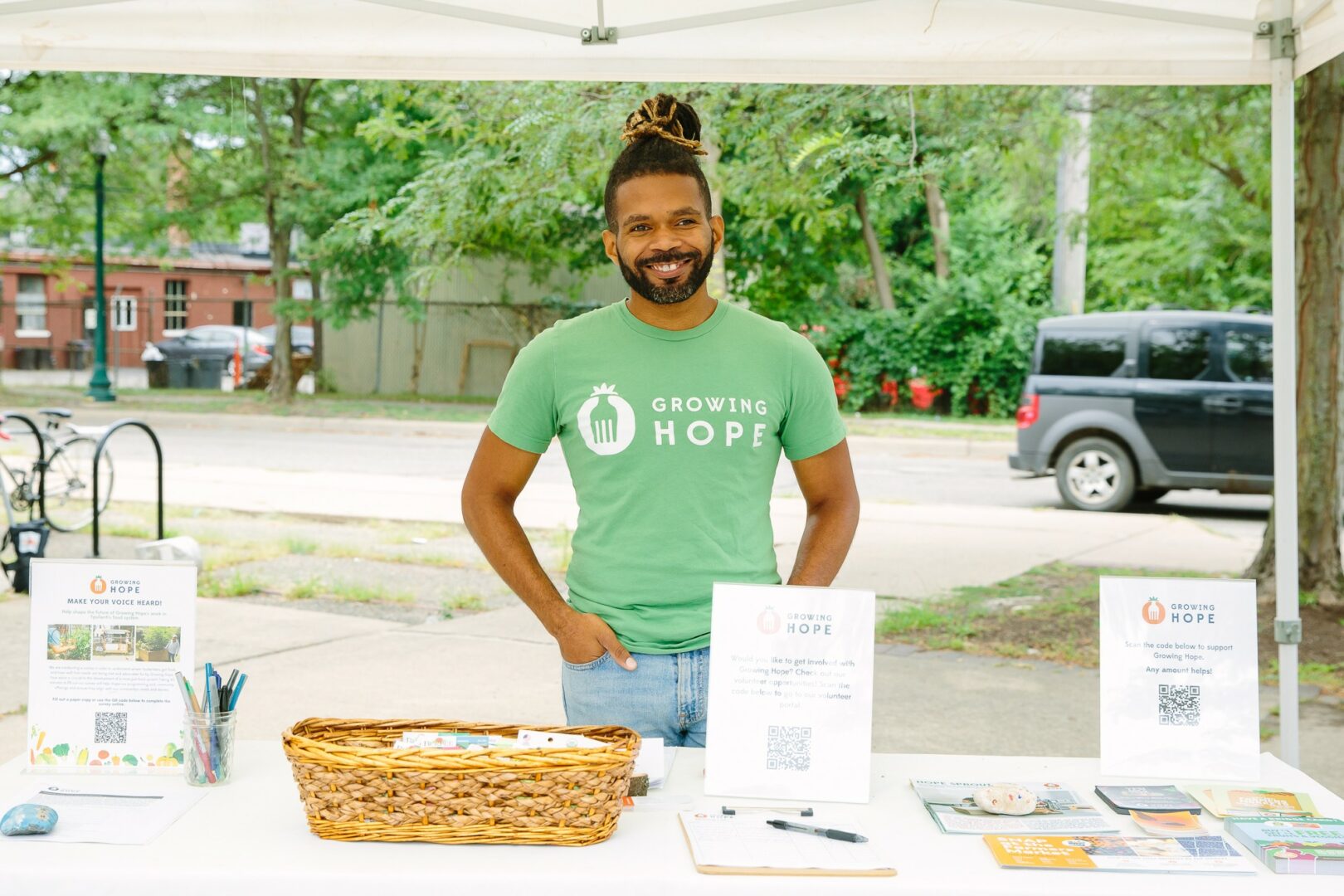We recently connected with Julius Buzzard and have shared our conversation below.
Hi Julius, you’ve got such an interesting story, but before we jump into that, let’s first talk about a topic near and dear to us – generosity. We think success, happiness and wellbeing depends on authentic generosity and empathy and so we’d love to hear about how you become such a generous person – where do you think your generosity comes from?
My generosity stems from my grandmother, who gave freely, regardless of how much or how little she had. She taught me that generosity isn’t about having enough, it’s about choosing to act from abundance even in scarcity. That shaped how I move: I give to shift power, build trust, and create momentum. It’s not performative or transactional, it’s a disciplined commitment to justice.
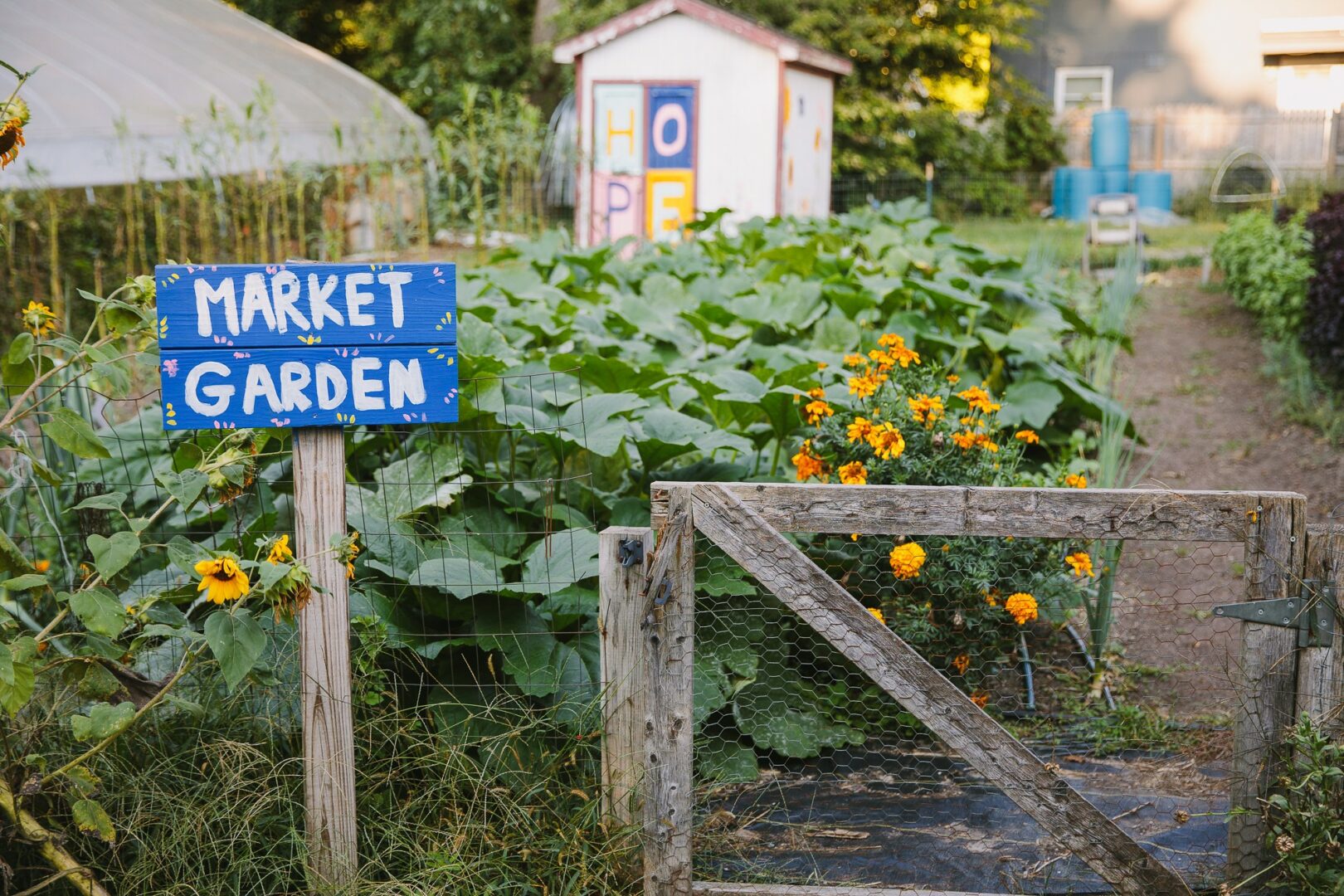
Appreciate the insights and wisdom. Before we dig deeper and ask you about the skills that matter and more, maybe you can tell our readers about yourself?
At Growing Hope, my role has always been about weaving together equity, access, and community power. Whether I’m designing programs, shaping strategy, or facilitating partnerships, I focus on building food systems that are rooted in justice, not charity. At Growing Hope, I’ve worked to deepen our community relationships, amplify local leadership, and push beyond surface-level solutions to address the structural barriers that keep people from accessing fresh, culturally relevant, nourishing food. What excites me most is the intersection of food, land, and liberation, dhow growing and sharing food can be a tool for healing, organizing, and reclaiming power.
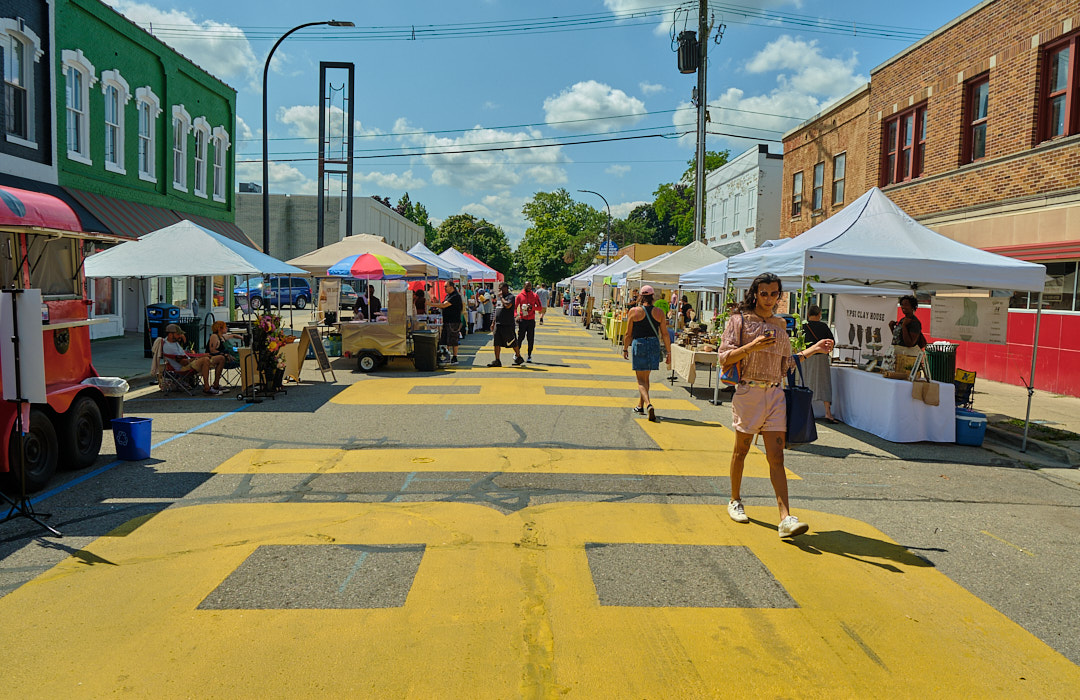
There is so much advice out there about all the different skills and qualities folks need to develop in order to succeed in today’s highly competitive environment and often it can feel overwhelming. So, if we had to break it down to just the three that matter most, which three skills or qualities would you focus on?
Looking back, the three most impactful qualities in my journey have been systems thinking, being relational and community-centered, and consistency. Systems thinking has helped me see the bigger picture—how food insecurity, housing, education, and power are all interconnected. It keeps me focused on root causes, not just symptoms. Being relational and community-centered has grounded everything I do; real change happens through trust, shared ownership, and deep listening. And consistency—showing up again and again, even when it’s slow or hard—has been the difference between momentum and burnout. For folks early in their journey: zoom out often, invest in real relationships, and stay with it. The work adds up.
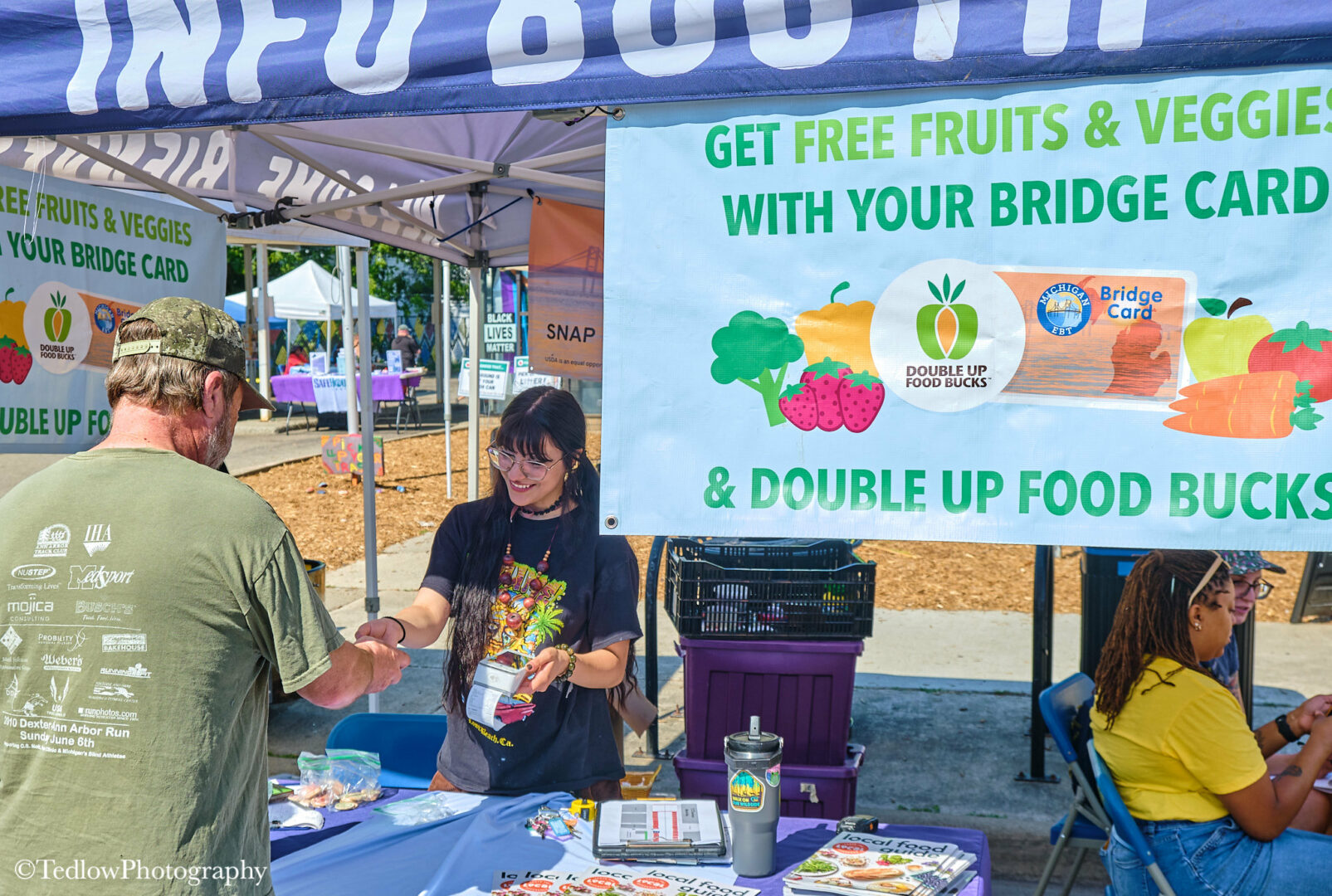
Thanks so much for sharing all these insights with us today. Before we go, is there a book that’s played in important role in your development?
One book that’s been deeply impactful in my development is Rooted by Brea Baker. It reminded me that movements grounded in love, lineage, and liberation have the deepest staying power. What stuck with me most is how she connects personal identity to collective struggle, showing that activism doesn’t have to be reactive; it can be rooted in joy, care, and a vision for something more whole. Her framing of legacy, especially how we inherit and reshape it, challenged me to think not just about what I’m fighting against, but what I’m building toward. It’s a call to stay grounded, stay visionary, and stay connected.
Contact Info:
- Website: https://www.growinghope.net
- Linkedin: https://www.linkedin.com/in/juliusbuzzard/
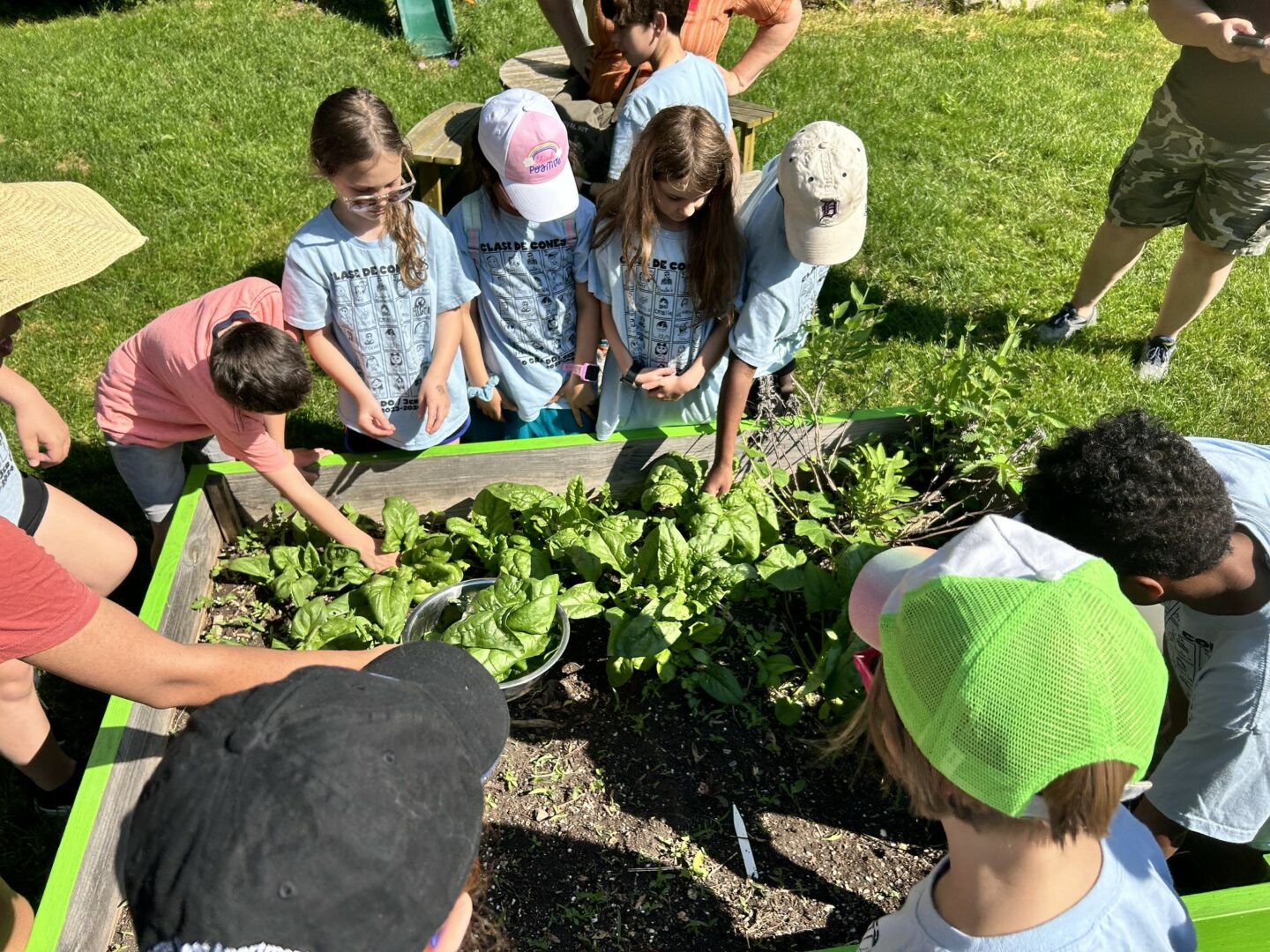
Image Credits
Misty Lynn Photography
so if you or someone you know deserves recognition please let us know here.

